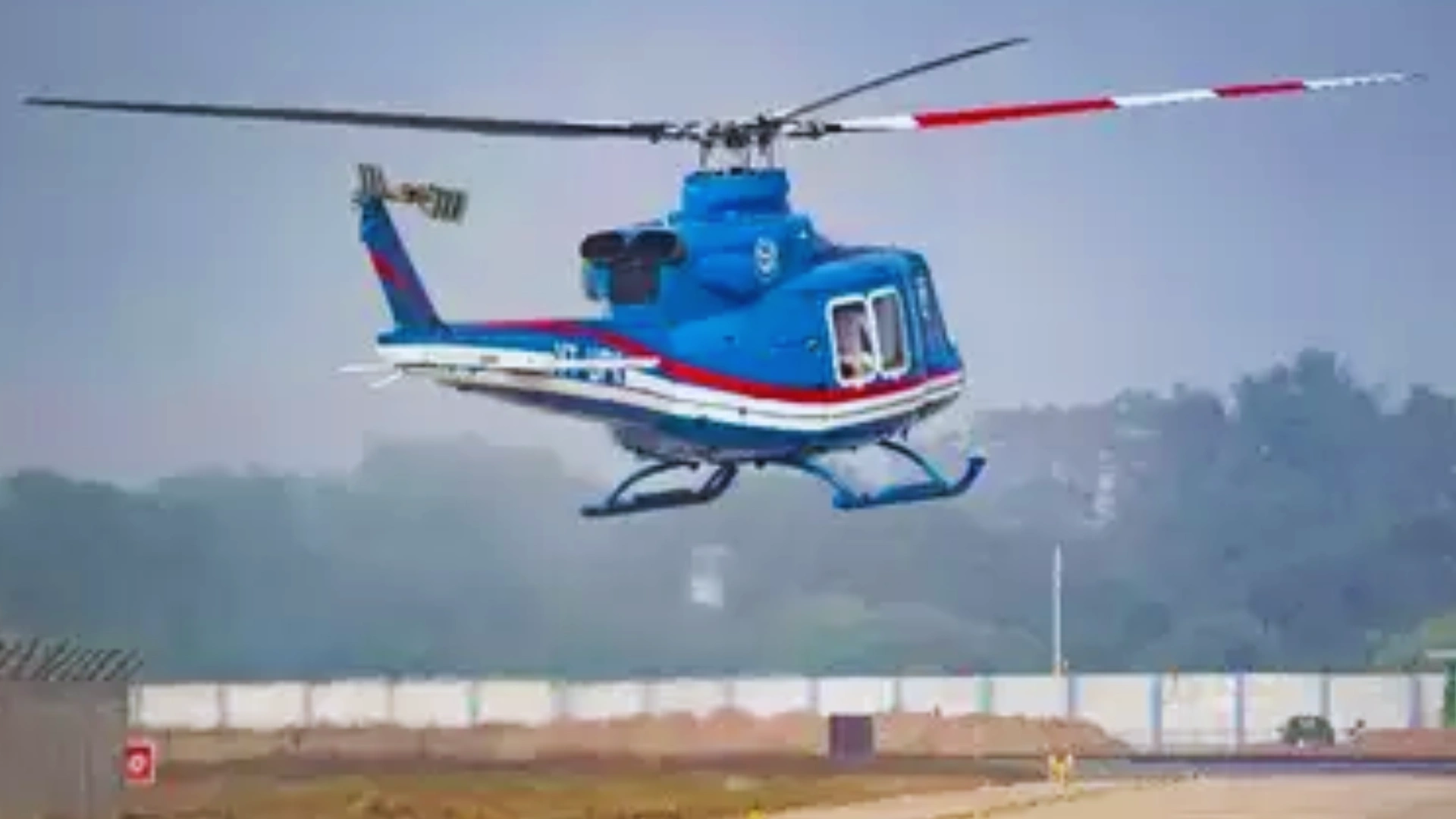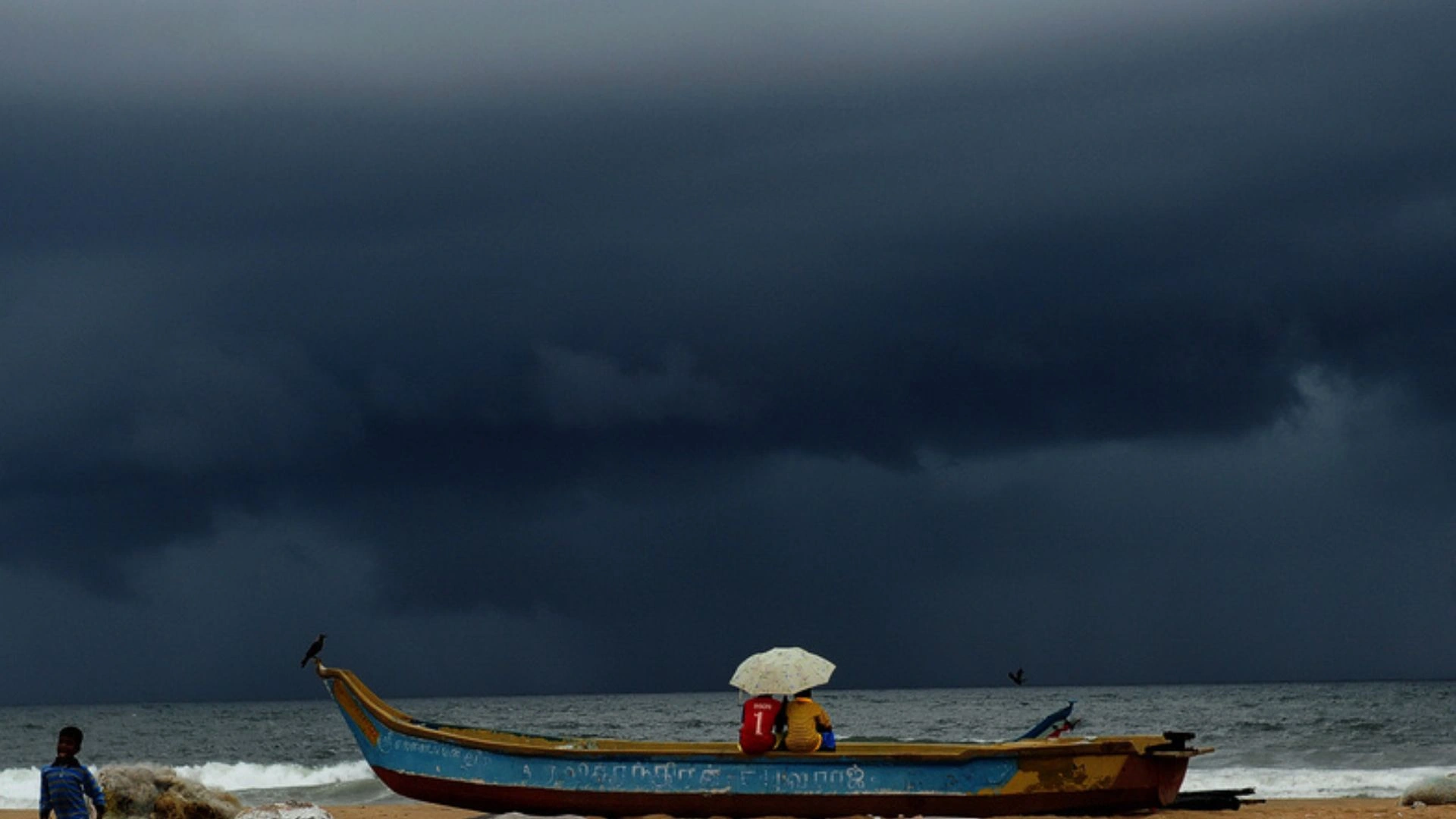In November 2016, Russian ultranationalist politician Vladimir Zhirinovsky exuberantly celebrated Donald Trump’s unexpected election victory by purchasing 132 bottles of champagne. This lavish display took place at the Duma, Russia’s parliament, where he and fellow party members toasted what they believed would be a transformative moment for US-Russian relations. However, this exuberance quickly turned sour.
High Hopes and Disappointment
The day following Trump’s victory, Margarita Simonyan, the editor-in-chief of state-funded RT, expressed her excitement by tweeting her plans to drive around Moscow with an American flag. Other officials joined in, recounting celebratory acts, such as one who shared that she had smoked a cigar and drank champagne to toast Trump.
In Moscow, there was a palpable sense of optimism that Trump might lift sanctions against Russia and even acknowledge the annexation of Crimea. Konstantin Remchukov, owner of Nezavisimaya Gazeta, noted, “The value of Trump was that he never preached on human rights in Russia.” But the excitement faded quickly as Trump imposed significant sanctions against Russia during his term, leading to widespread disappointment among Russian officials.
A Shift in Tone
Fast forward to the present, and Russian officials are now more circumspect about a potential second Trump term. President Vladimir Putin has even purportedly endorsed the Democratic candidate, Kamala Harris, in what many view as a Kremlin jest, highlighting her “infectious” laugh.
While Harris has characterized support for Ukraine as vital to American interests and labeled Putin a “murderous dictator,” Trump’s rhetoric has been more favorable to the Kremlin. His skepticism regarding US military aid to Ukraine and reluctance to directly condemn Putin stands in stark contrast to Harris’s position.
Potential for Chaos
The Kremlin may find value in a tightly contested election in the US, which could result in a post-election crisis. Such turmoil would distract the US from foreign affairs, particularly its focus on Ukraine, where the war continues to rage.
US-Russian relations have deteriorated significantly, worsening under Trump and continuing to decline under President Biden. The recent Russian ambassador to Washington remarked that these relations are “falling apart.” Washington blames Moscow entirely, particularly after Russia’s full-scale invasion of Ukraine following a summit between Putin and Biden.
A Historical Perspective
Reflecting on past cooperation, the late 1980s saw Ronald Reagan and Mikhail Gorbachev forging a partnership to reduce nuclear arsenals, a time when US-Russian relations seemed promising. Today, however, those days feel distant.
Seeking Public Opinion
In Moscow, I turned to the whimsical “duck diplomacy” monument—a symbol of friendship unveiled in 1991 by the First Ladies of the USSR and the US. It offers a contrast to the current state of relations, prompting reflections on how ordinary Russians perceive America and the upcoming election.
Some express deep animosity. An angler named Igor stated, “I want America to disappear. It has started so many wars… it doesn’t matter who’s president.” However, others seek friendship and peace, with sentiments like, “Our countries and our two peoples should be friends,” expressed by Nikita, who prefers Trump due to the absence of major wars during his presidency.
Despite tensions, many Russians recognize the potential for female leadership, with Marina stating, “I think it would be great if a woman became president.”
(Includes inputs from online sources)
ALSO READ: Colonel Killed As Israel Intensifies Attacks In Gaza, Warns Lebanese Residents To Evacuate

















